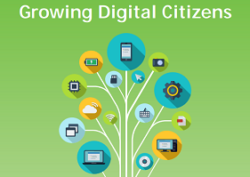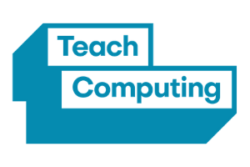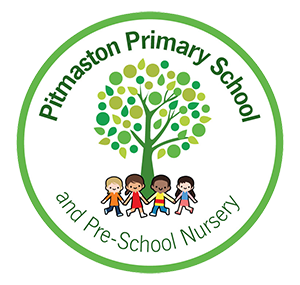Computing at Pitmaston
Computers and technology form a huge part  of the world around us every day, both at work and at home. At Pitmaston, we believe it is essential that we equip our children with the necessary skills to embrace the digital world, preparing children for the future and the wide range of careers that will be on offer to them as they become adults. As a school we are well resourced with up to date technology in the classrooms, the computing suite enhanced with Ipads and laptops.
of the world around us every day, both at work and at home. At Pitmaston, we believe it is essential that we equip our children with the necessary skills to embrace the digital world, preparing children for the future and the wide range of careers that will be on offer to them as they become adults. As a school we are well resourced with up to date technology in the classrooms, the computing suite enhanced with Ipads and laptops.
Our aim is for all children to leave school as responsible, forward thinking, digitally literate and responsible citizens.
The Computing Curriculum:
The 2014 National Curriculum, aims to ensure that all pupils:
- Can understand and apply to fundamental principles of computer science (including abstraction, logic, algorithms and data representation)
- Can analyse problems in computational terms, and have had repeated experience of writing computing programs to solve such problems.
- Can evaluate and apply information technology, including new and unfamiliar technologies to solve problems.
- Are responsible, competent, confident and creative users of information and communication technology.
 From the Early Years (Nursery and Reception) at Pitmaston, we deliver the Computing Curriculum, focusing on the ‘unplugged approach’ for Computational Thinking in the Early Years and the National Curriculum from Year 1 to Year 6. We follow an innovative progression framework from the National Centre for Computing Education called the ‘Teach Computing Curriculum.’ This has been thoroughly tested by teachers, created by experts and grounded in the latest research. The curriculum strands are Computer Science; algorithms and programming, data and systems, Information Technology; digital artefacts and computing contexts and Digital Literacy; mechanics, searching/selecting information and Online Safety. We deliver our curriculum through weekly computing lessons in the computing suite as well as across other subjects using Ipads and laptops.
From the Early Years (Nursery and Reception) at Pitmaston, we deliver the Computing Curriculum, focusing on the ‘unplugged approach’ for Computational Thinking in the Early Years and the National Curriculum from Year 1 to Year 6. We follow an innovative progression framework from the National Centre for Computing Education called the ‘Teach Computing Curriculum.’ This has been thoroughly tested by teachers, created by experts and grounded in the latest research. The curriculum strands are Computer Science; algorithms and programming, data and systems, Information Technology; digital artefacts and computing contexts and Digital Literacy; mechanics, searching/selecting information and Online Safety. We deliver our curriculum through weekly computing lessons in the computing suite as well as across other subjects using Ipads and laptops.
Computational Thinking– about being logical thinkers, breaking down problems and solving them, both with or without a computer.
Computer Science – the understanding of how digital systems work and how to use this knowledge to write computer programs. Children will learn key concepts such as: decomposition, abstraction, debugging, algorithms, sequencing and variables. This will enable them to develop logical reasoning and problem solving skills, which can be used across a wide range of subjects. The children are also taught about computer networks, parts of a computer and how packets of data are sent via the internet.
Digital Literacy – The Online Safety elements of the curriculum. The children are taught about how to stay safe online: cyber-bullying, social-media etiquette, safe passwords, privacy settings and issues related to copyright and plagiarism, to name a few.
Information Technology – the skills required to produce work using computers, such as creating presentations, publishing work, taking photos and videos, and creating digital artwork.
To visit our online safety page please click here